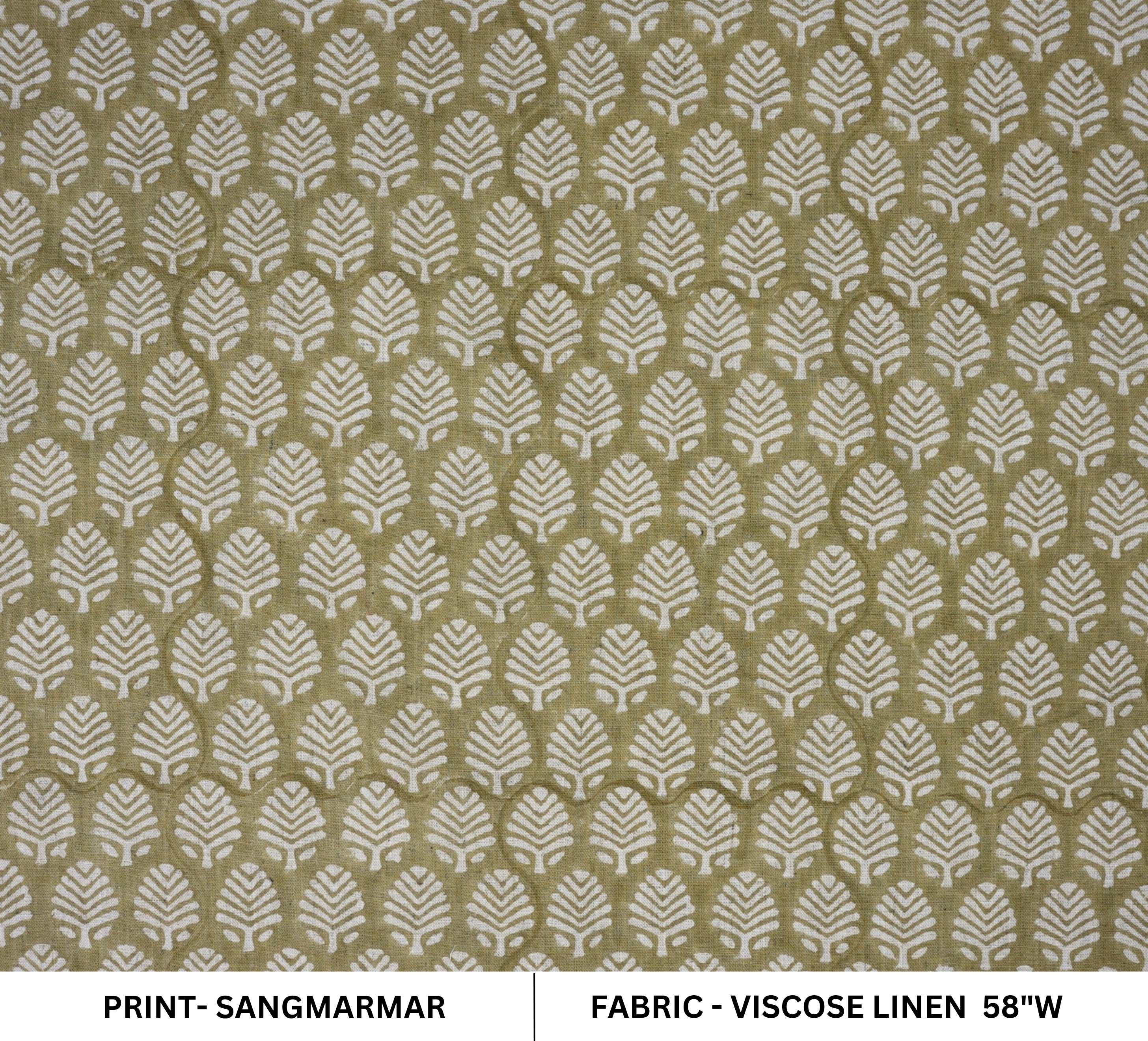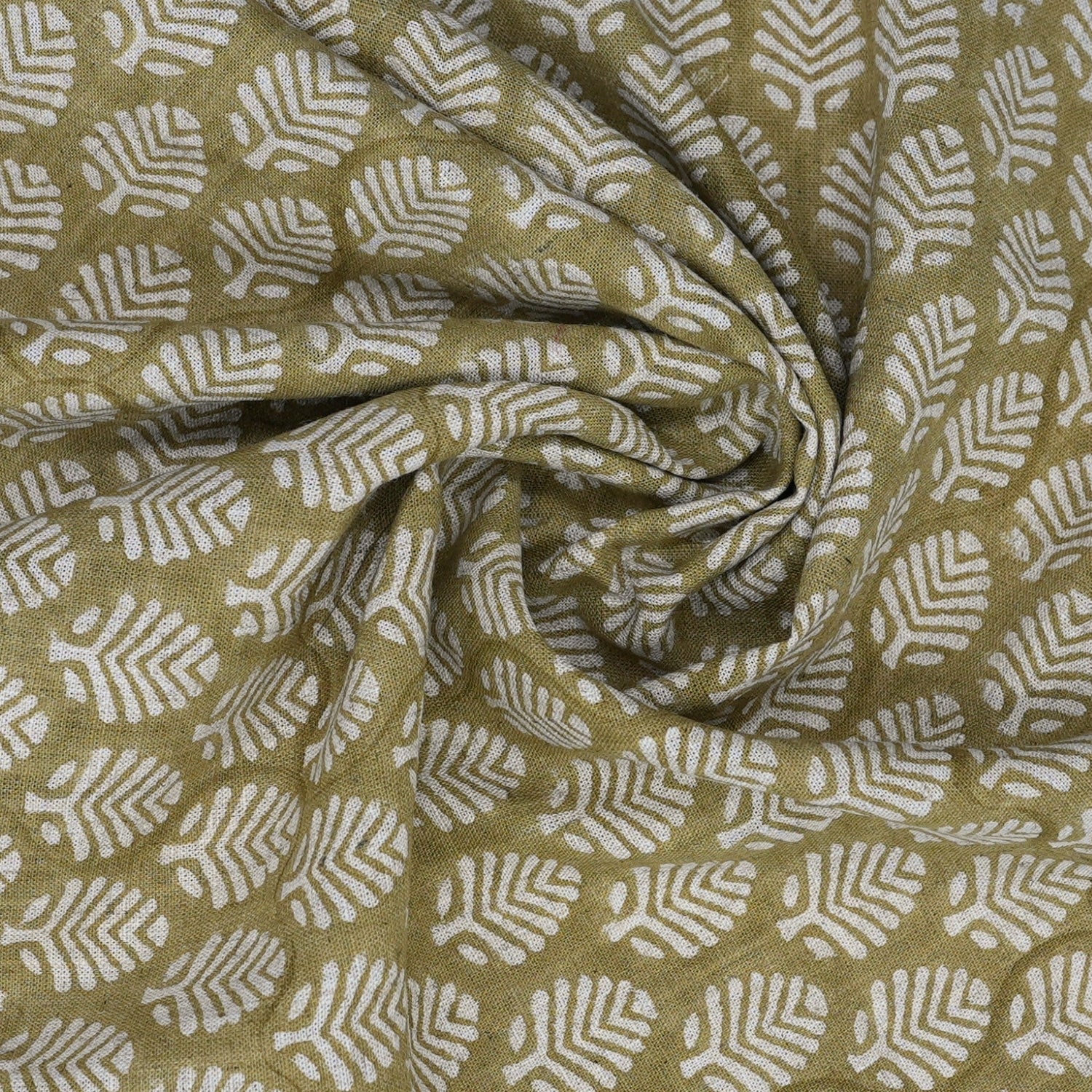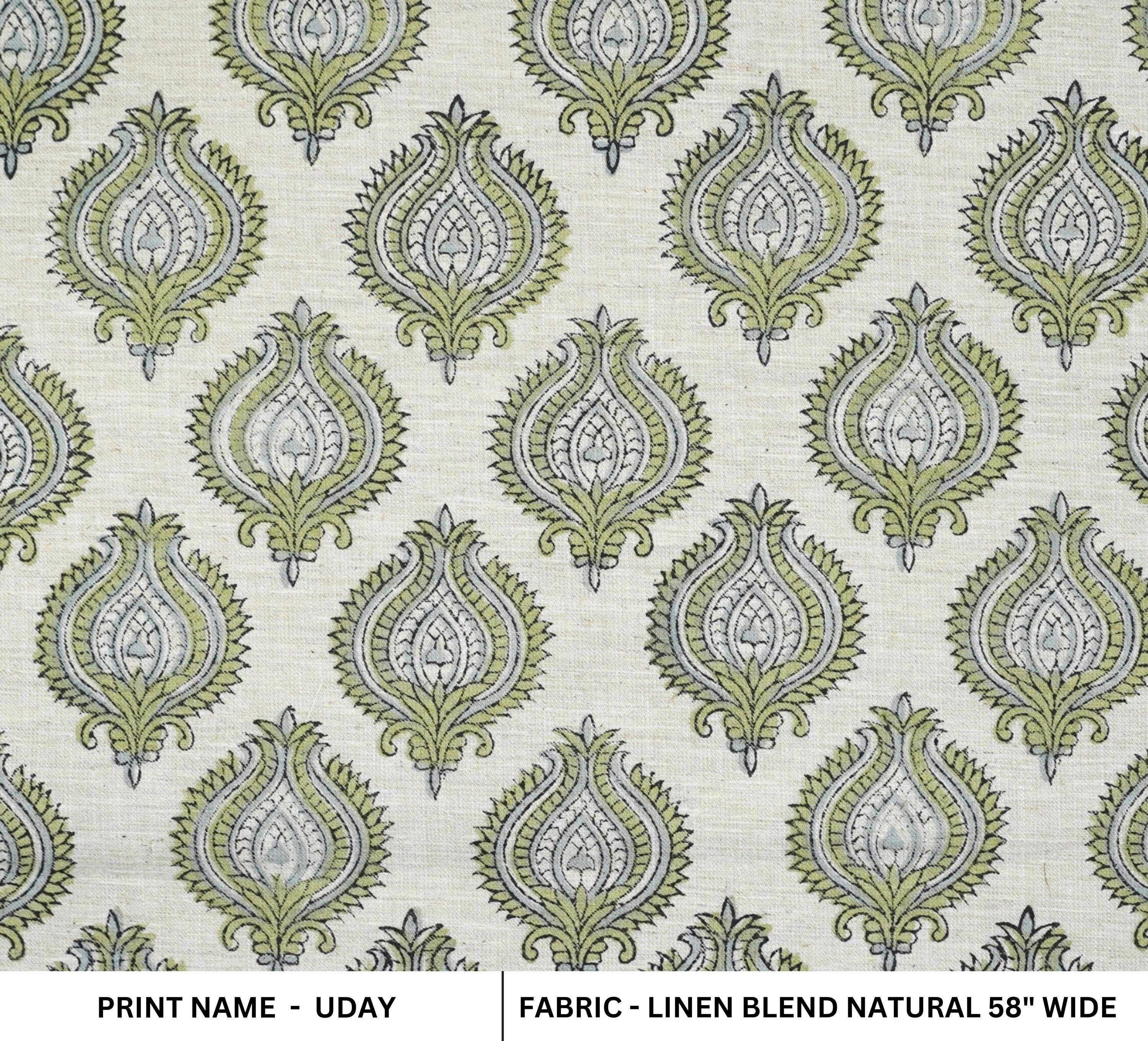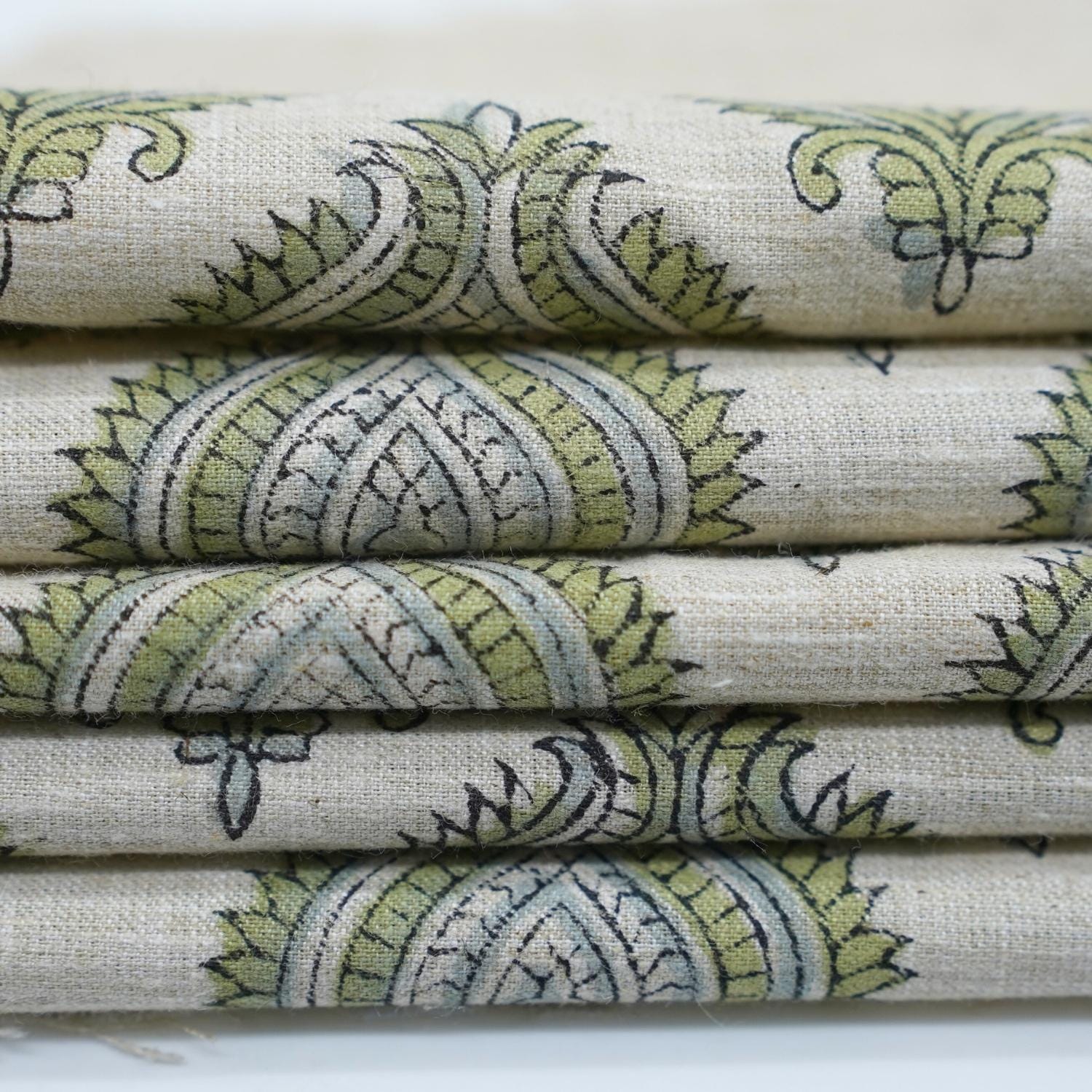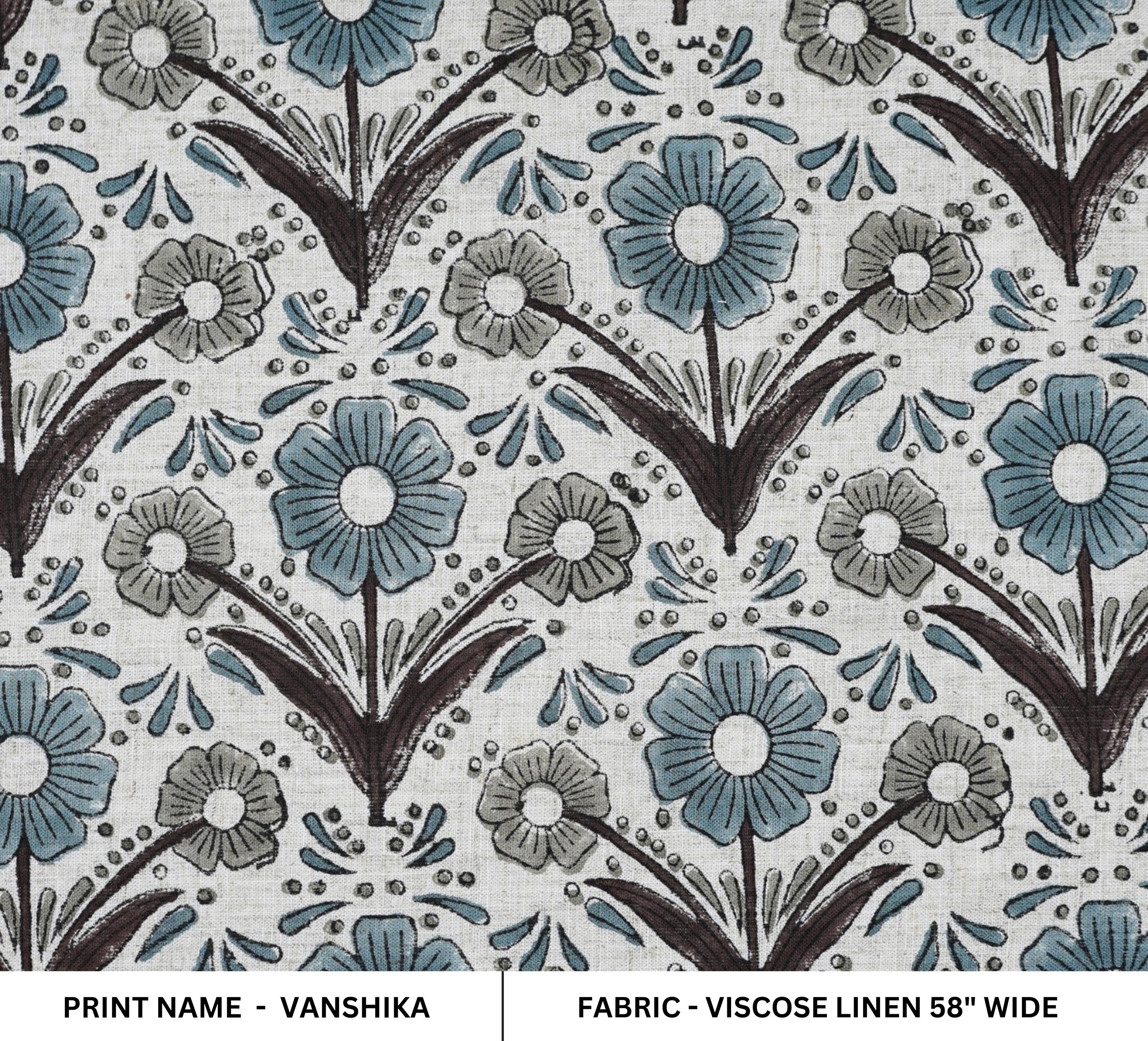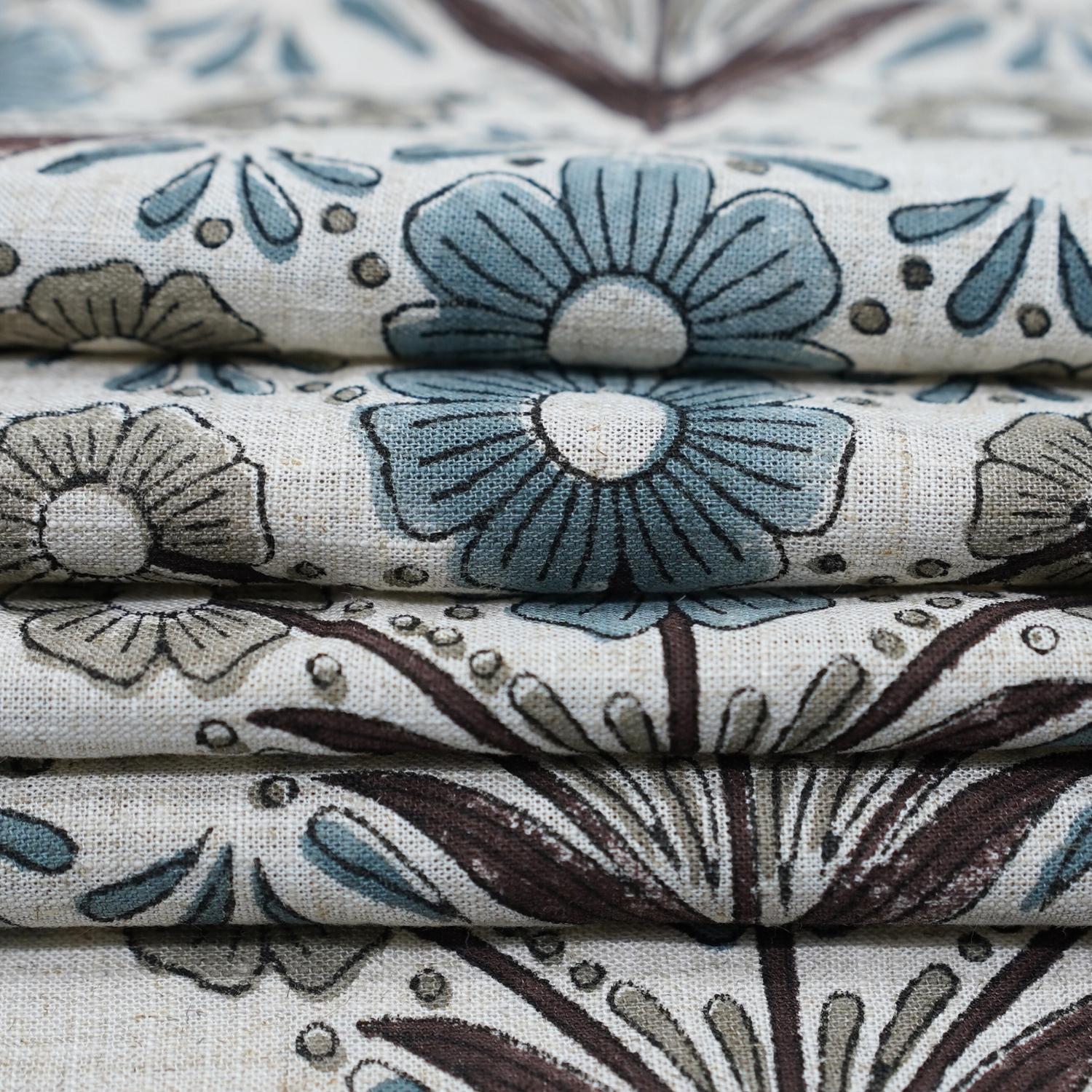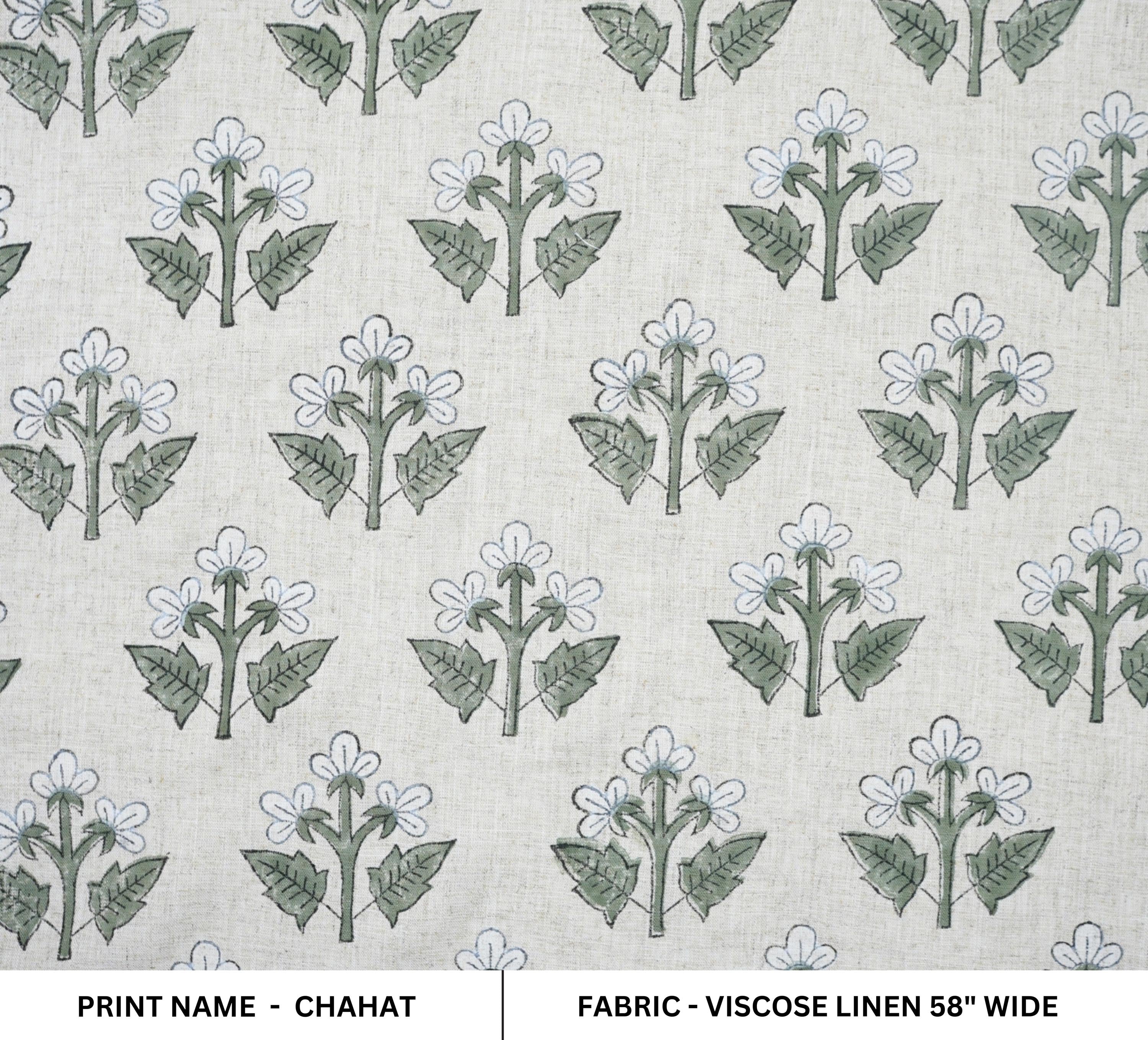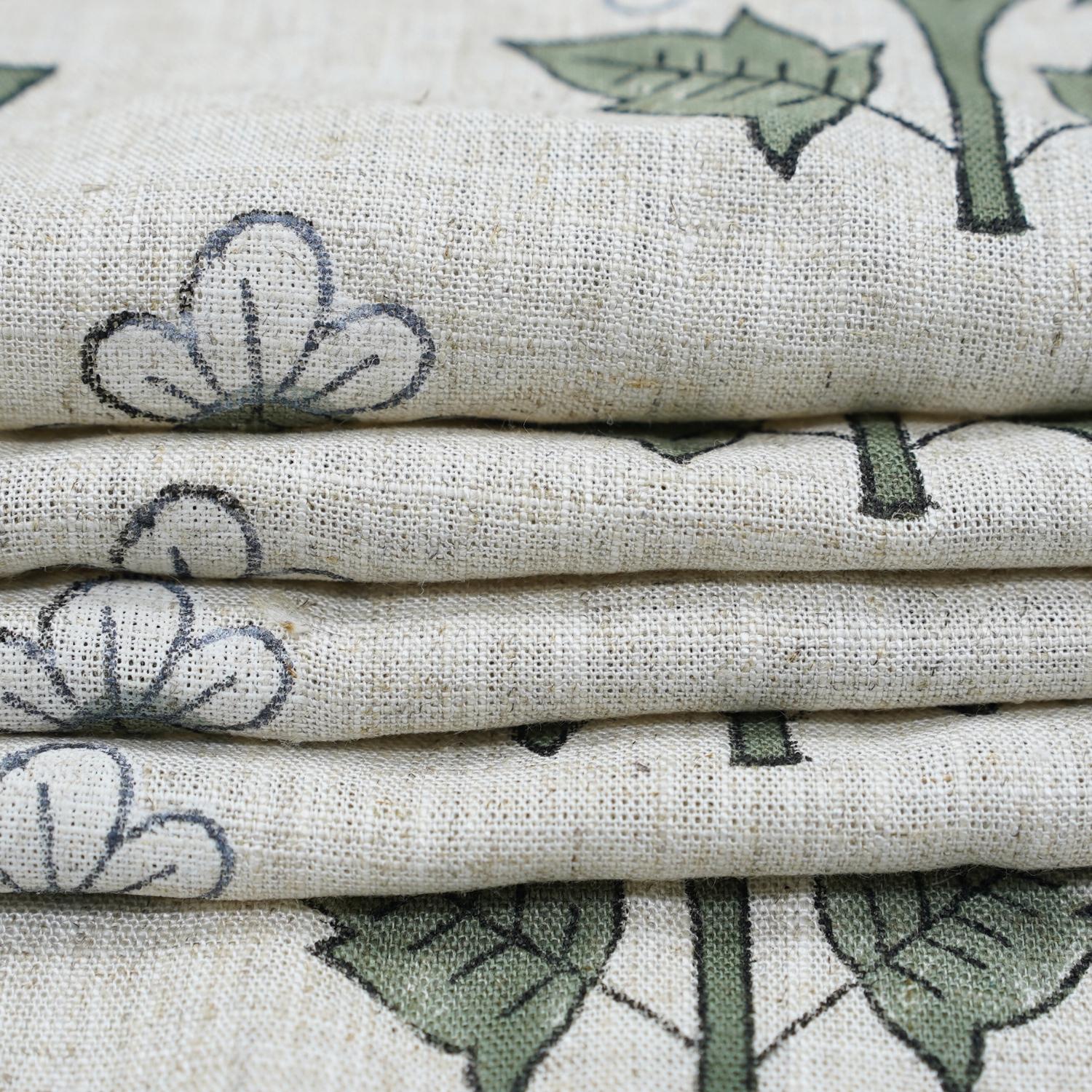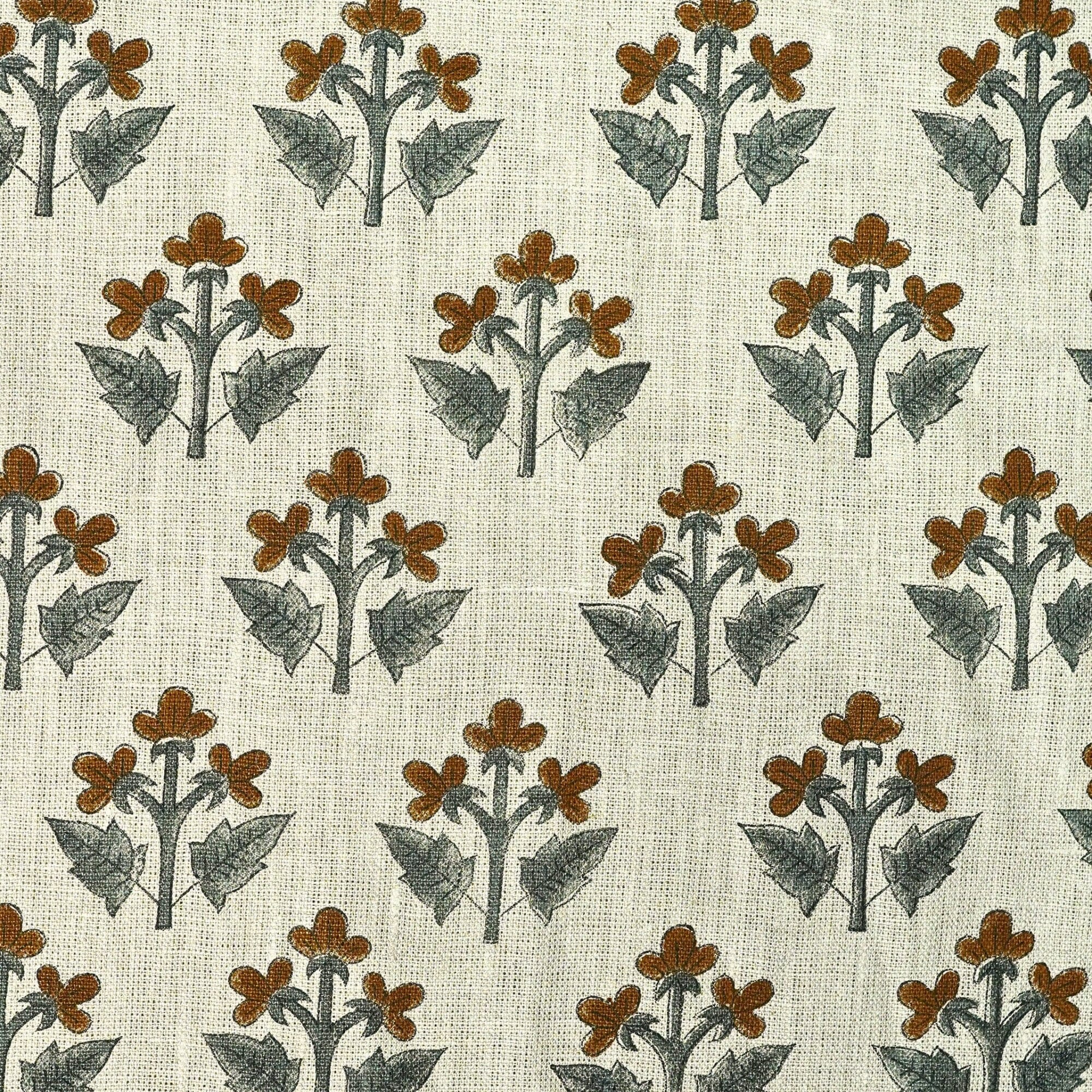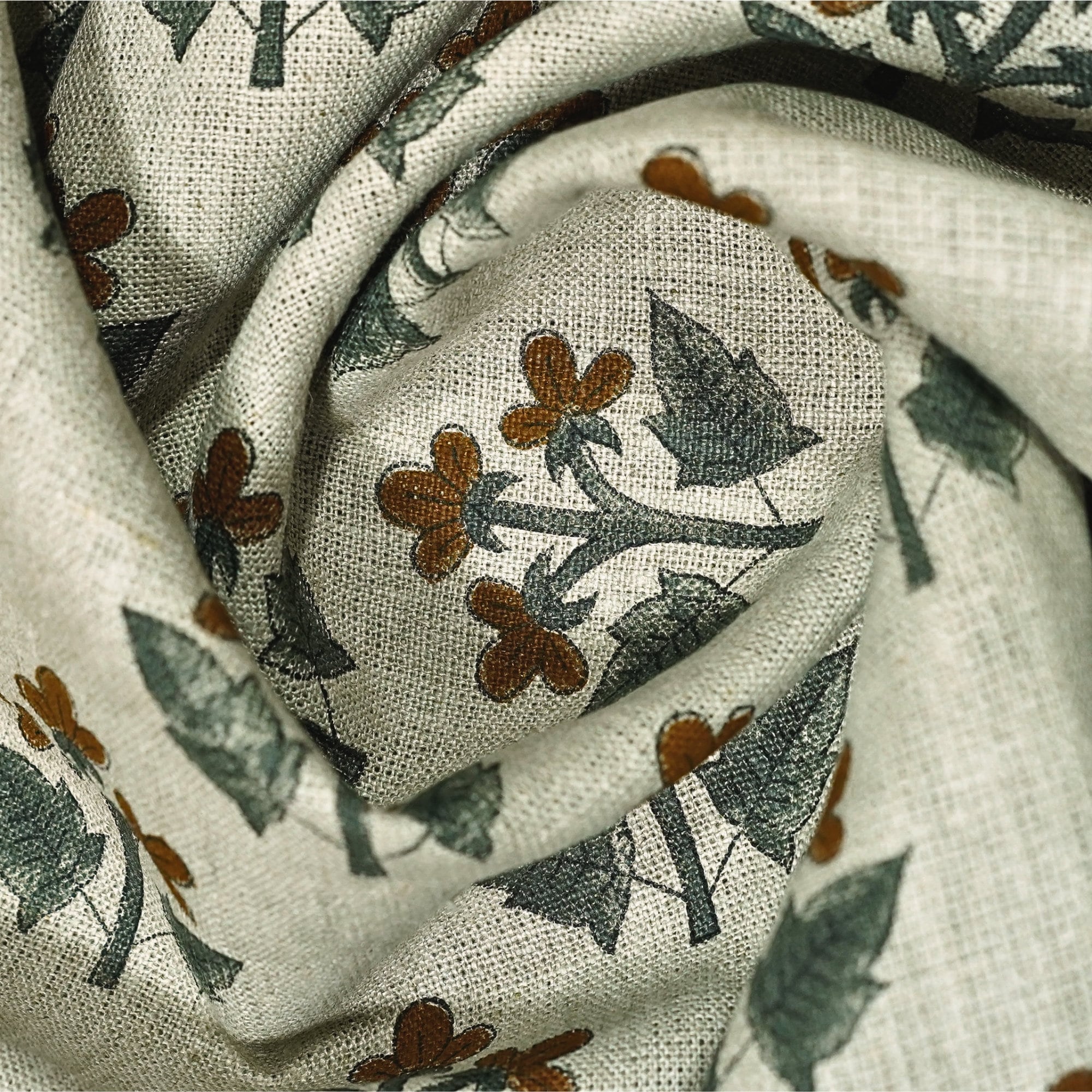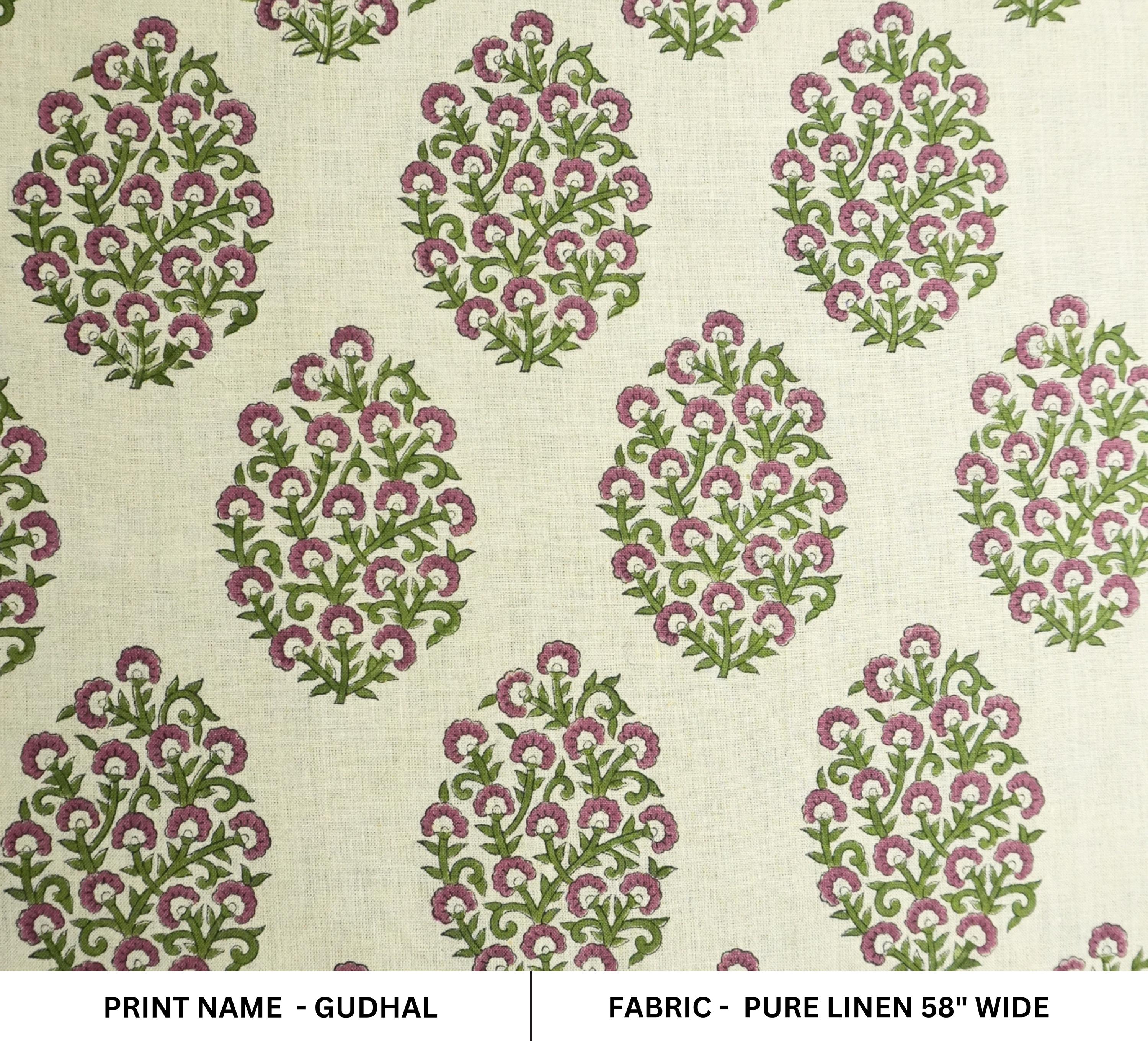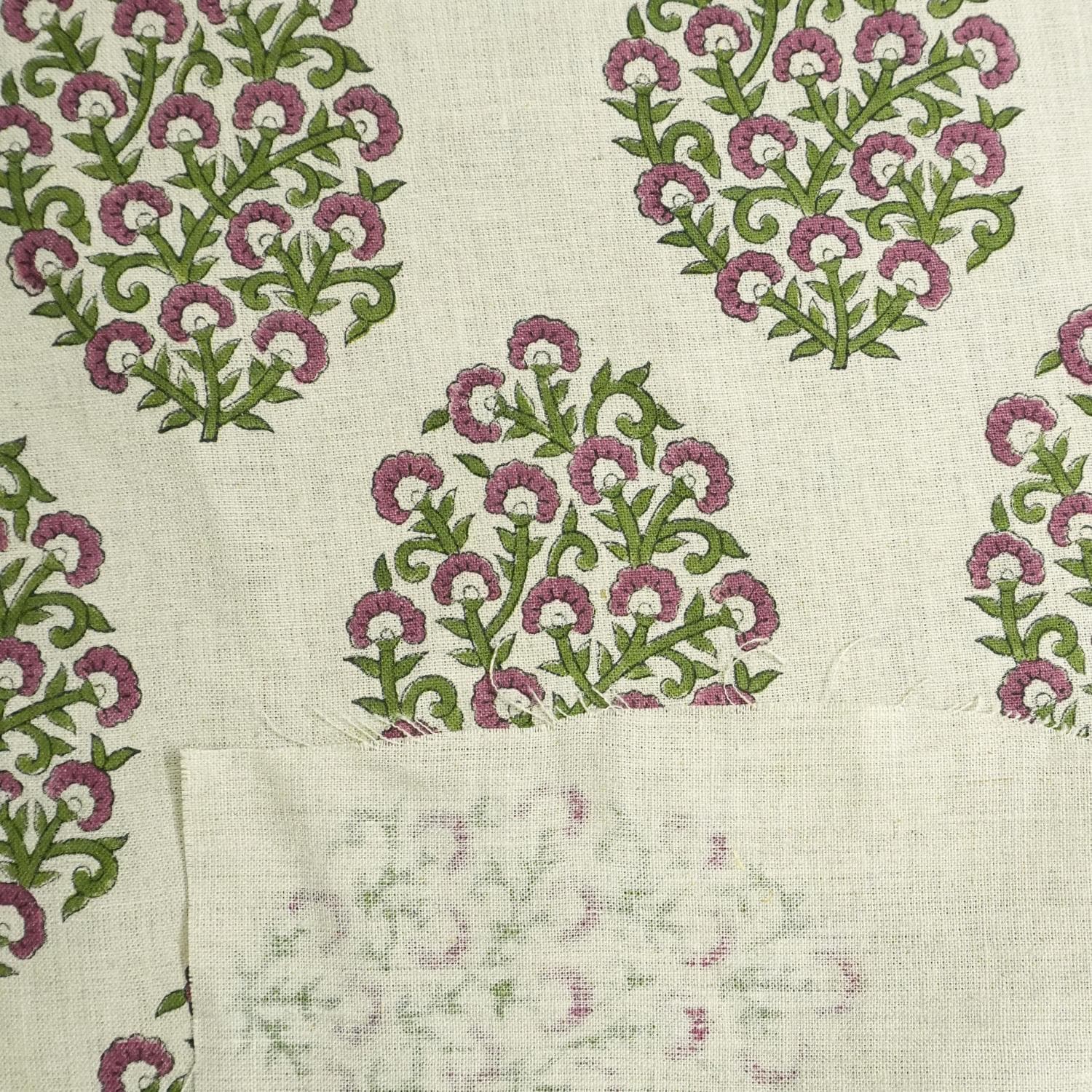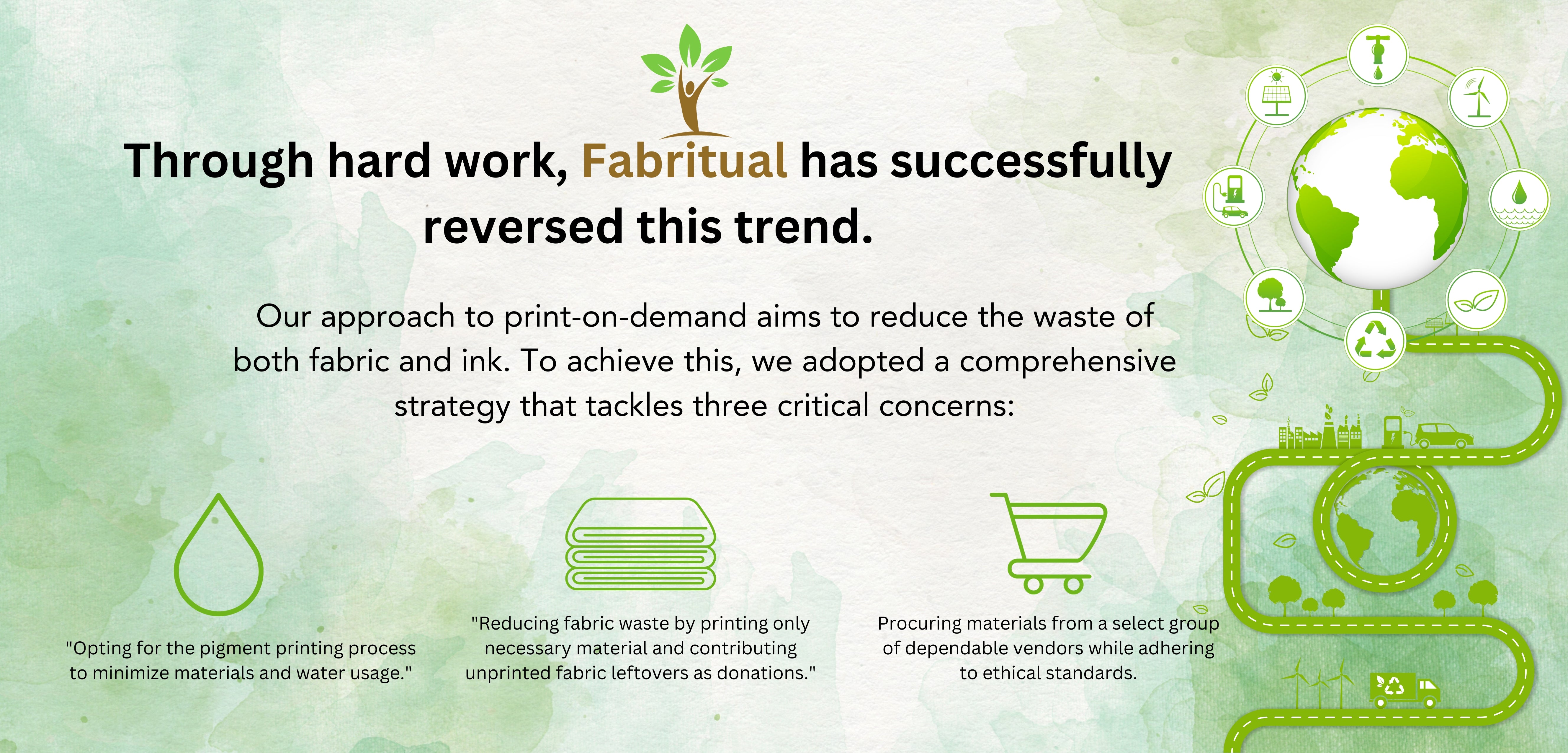
Sustainability is more than just a goal at Fabritual; it's a component of who we are. We think that the environment shouldn't suffer in order to produce exquisite textiles. To lessen our impact on the environment while providing classic, high-quality textiles is the driving force behind every choice we make, from the suppliers of materials to the collaborators we collaborate with.
We begin with the most important thing: materials. Natural blends, low-impact dyes, and eco-friendly fibers like organic cotton are used to create our textiles. These are safer for your house and skin in addition to being better for the environment. We carefully choose each fabric for its sustainability, toughness, and aesthetic appeal.
We collaborate with morally upright producers who hold similar principles. Strict adherence to environmental regulations by our production partners guarantees that each yard of fabric is produced with the least amount of waste, water, and energy. The ethical production of a fabric is more important than its appearance.
Openness is essential. For this reason, we give precise information about the components and manufacturing procedure of every product. You'll find all the information you need to select sustainable fabric that you can be proud of, whether you're a home decorator, do-it-yourselfer, or ethical consumer.
Overconsumption has been exacerbated by fast fashion. Our goal is to alter that. You can get durable fabrics that never go out of style by prioritizing quality over quantity. This translates to less fabric waste, fewer replacements, and more purposeful home design decisions.
We're always looking for more efficient ways to source and produce. We're dedicated to enhancing our procedures year after year, from cutting-edge eco-technologies to minor adjustments to the way we package and ship. At Fabritual, we strive to establish new benchmarks in sustainable fabric design rather than merely following trends.
Fabritual is a reputable supplier of eco-friendly home textiles, having years of practical experience in the textile industry and a strong dedication to the environment. With integrity, compassion, and a profound regard for the environment, we are honored to be a small company making a significant impact.
Best Sellers
Our favorite picks for the season

